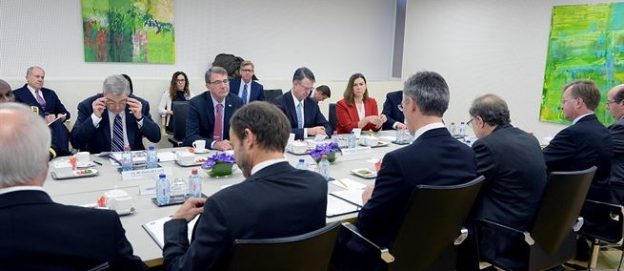By Michael Hardware, Director of Planning and Property
We have all at some point come out of a planning committee wondering what had just happened. A perfectly reasonable policy-compliant planning application had been unexpectedly refused for vague and perhaps spurious reasons, or on an issue which you were not aware of.
Although planning committees are not supposed to be political, politics can sometimes get in the way. Members consider applications on their merits, but occasionally conflicting priorities can influence decisions.
Politics never goes away
After all, councillors are politicians. They were elected to represent their wards – if they do not then they will not be elected next time. This is a key motivation and becomes more significant the closer to an election you get. In councils where elections are by thirds, the politics never goes away. Although councillors are still elected for four years, the political groups are always in election mode as there are local elections every year – even on the fourth year, the elections are for counties.
This is exacerbated where a council has a small overall majority. The controlling parties will understandably be paranoid about losing any seats and so will not take decisions which are politically risky. The opposition will be all fired-up as taking control is only an election away – they will be challenging every decision vociferously, probably out of all proportion to the issue at hand!
Similarly, councillors in marginal wards will be particularly susceptible to politics: they know that one wrong move will change that majority resulting in their, or their colleagues, being beaten at the next election. They will want to be seen to be campaigning for the community, fighting for what it wants, and sticking-up for every resident who has an injustice. This, even if it goes against their own personal views, and possibly against those of their party. Similarly, opposition candidates will be over-critical of everything.
Any proposed development will always motivate the noisy minority, creating a perception the community is against these. A good ward councillor will be able to judge whether that is the case and act accordingly. More often than not, however, we will see the ward councillor campaigning against a proposed development for the reasons outlined above.
Even without the influence of elections, there is an inherent conflict of interests: although ward councillors are elected to represent their wards, they are also bound to consider what is good for the community as a whole. This is where the planning committee system works well – the committee is drawn from the wider area and so will have a more detached view and will be able to consider the wider benefits of a proposal. Ward councillors will always be allowed to speak on applications affecting their wards, and where they sit on the committee, may be able to participate in the debate and vote, although they will need to declare the interest. Other councils, however, exclude sitting ward councillors in these circumstances either for that item or for the whole meeting, requiring a substitution.
Avoiding googlies at planning committee
But it is the ‘googly’ at the committee meeting which is the most frustrating: an issue which has not come up before, or you thought had been addressed, suddenly becomes huge on the night and results in a refusal or deferment. Although politics sometimes is the cause of these, it is more often a late issue raised by residents which touches a nerve, or through rumour or hearsay has been blown out of all proportion. Conversations with members before committees should identify these, and hopefully provide time for them to be addressed ahead of the committee.
Whenever contemplating a planning application, it is important for you to understand the political environment you are entering from the outset: the make-up of the council, the balance of power, what wards are up for election and the marginality of those wards. It is also important to know the general position on development, the local issues and the potential for opposition for your development before you start.




